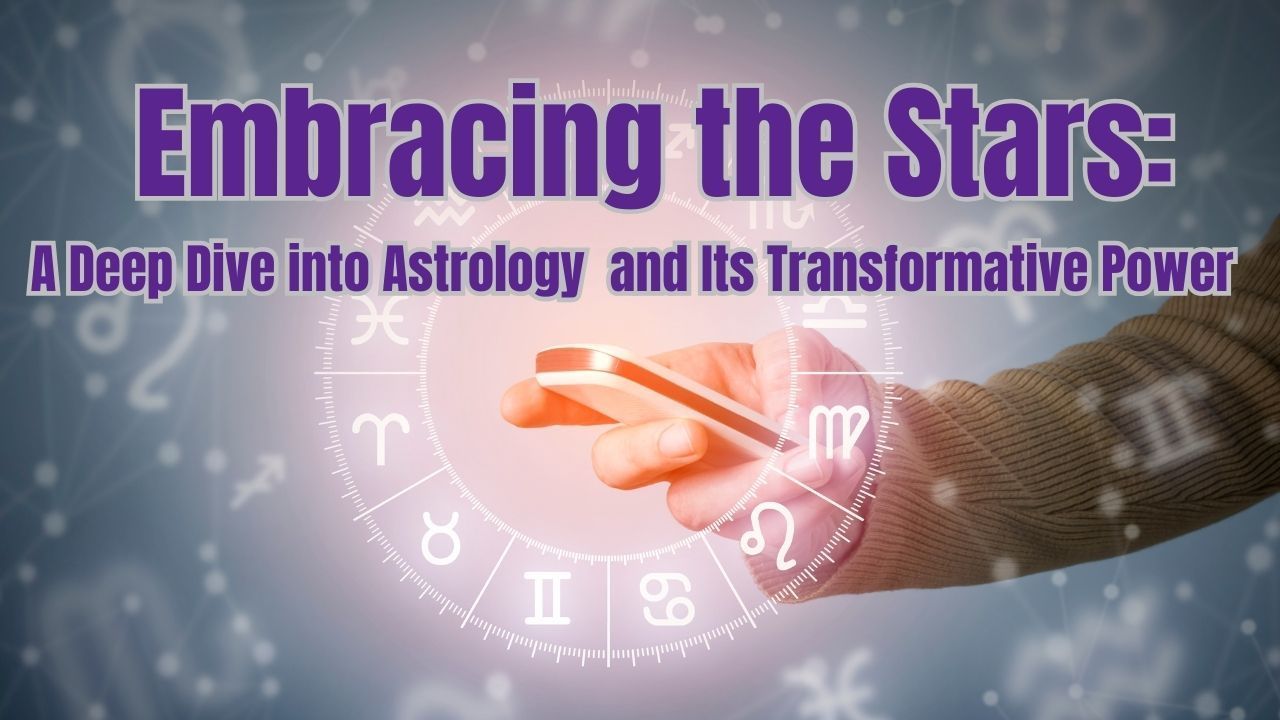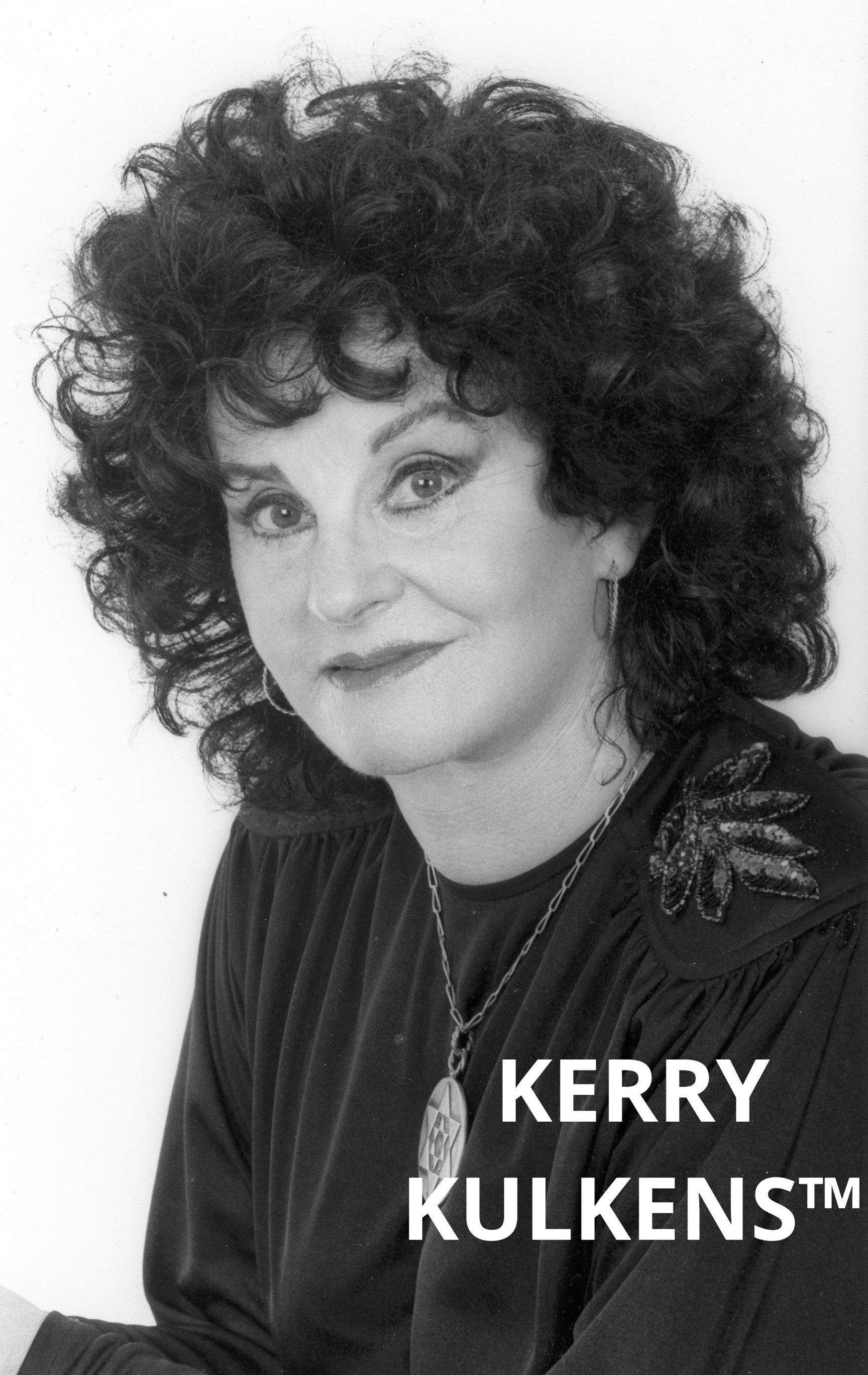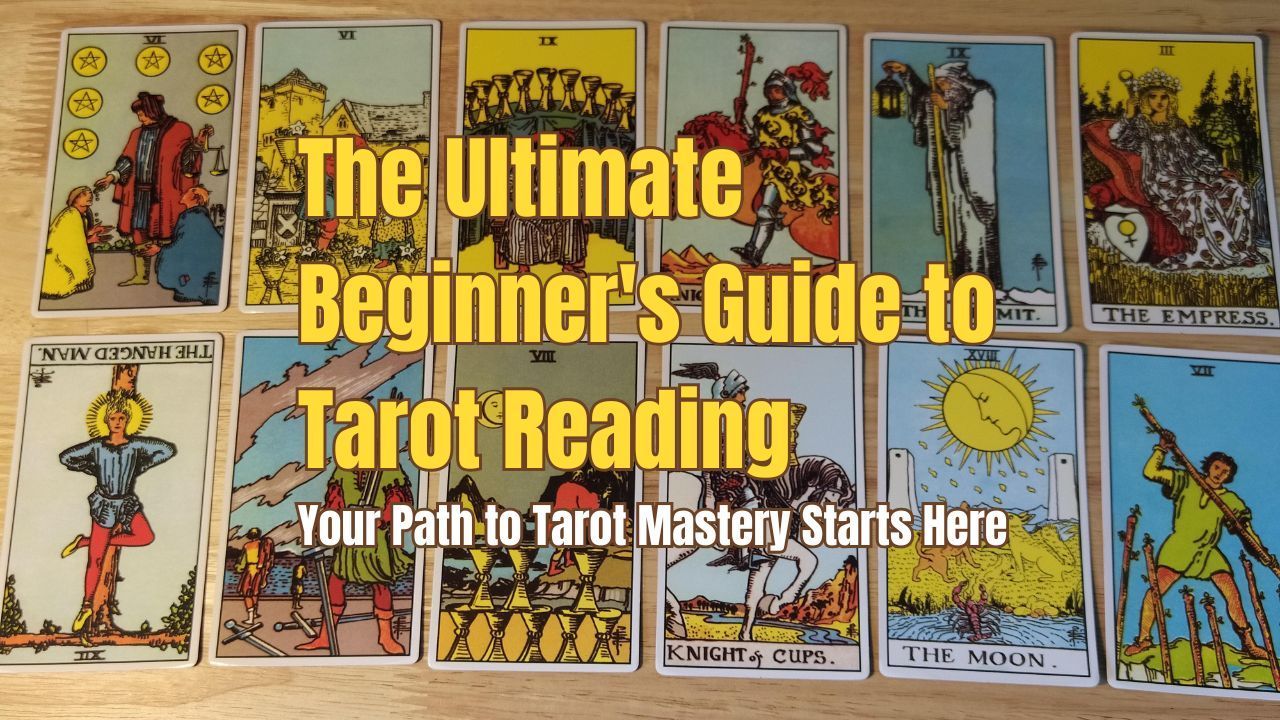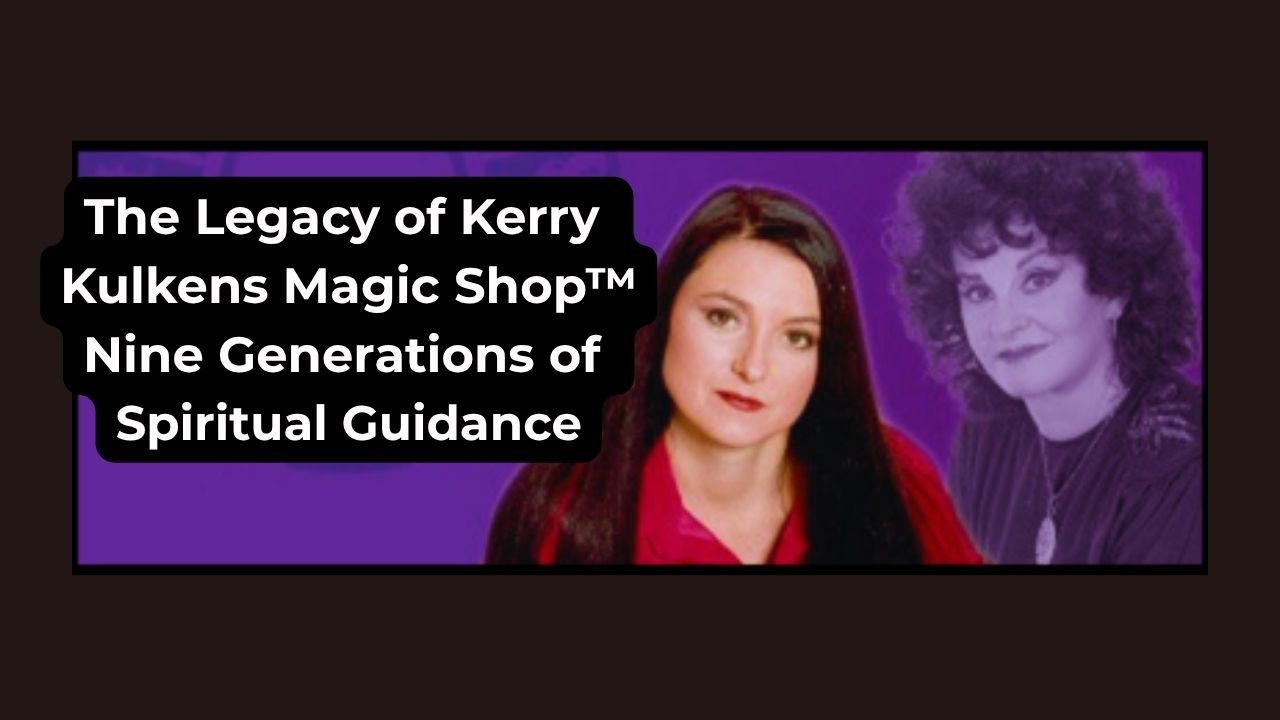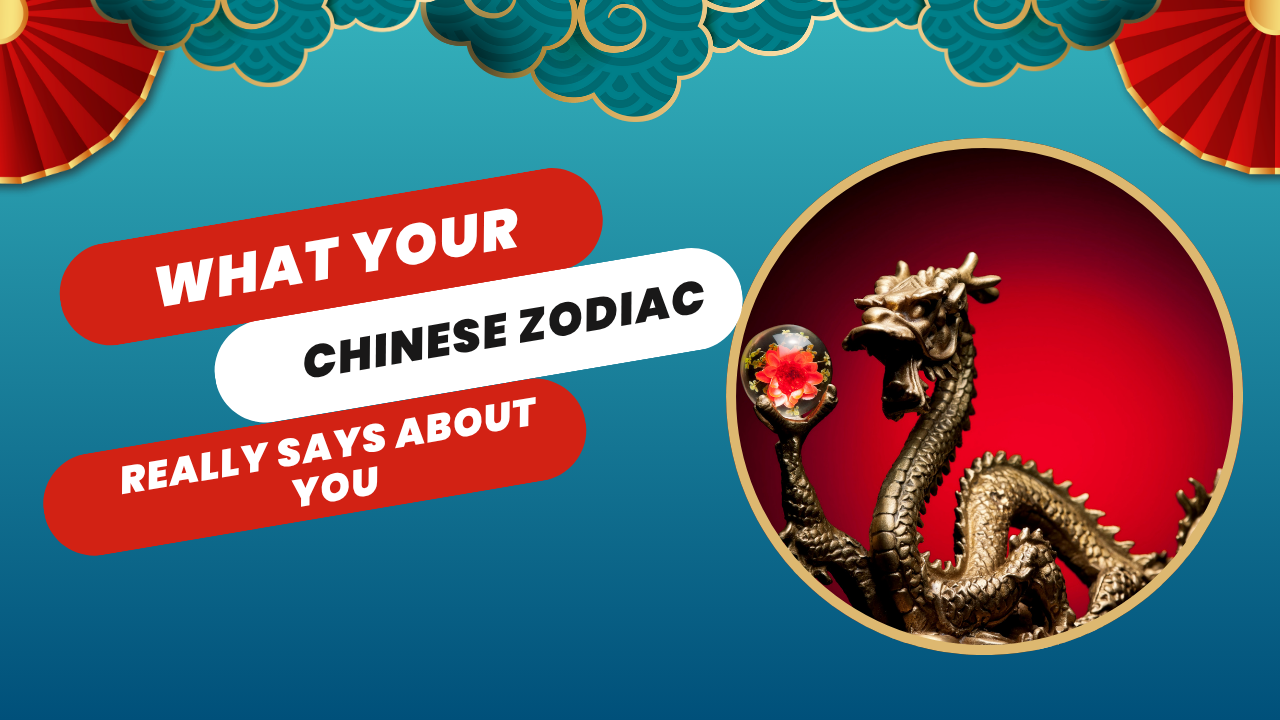Reconnecting with the Past:
Exploring Past Lives and How to Unearth Your Ancient Self

The concept of past lives has fascinated humanity for millennia, with many cultures and belief systems acknowledging the possibility of reincarnation. The idea that our souls have lived multiple lifetimes and may carry experiences from the past into our present existence sparks curiosity and wonder. In this blog post, we will delve into the intriguing world of past lives, explore various beliefs surrounding reincarnation, and provide insights on how to uncover clues about who you might have been in a past life.

Understanding the Notion of Reincarnation:
Reincarnation, a cornerstone of many spiritual and philosophical traditions, proposes that after death, the soul is reborn into a new body to continue its journey of growth and evolution. The experiences and lessons learned in past lives are said to shape our current personalities, behaviours, and tendencies. While the idea of reincarnation varies among different cultures, it ultimately encourages a deeper understanding of the interconnectedness of all living beings.
Signs and Clues of Past Lives:
Discovering details about one's past life can be a captivating and transformative experience. Here are some signs and clues that might indicate past life connections:
Unexplained Phobias or Fears: Intense and irrational fears or phobias could be remnants of traumatic experiences in a past life. For example, a fear of water might be linked to a drowning incident in a previous existence.
Familiar Places or Periods:
A strong sense of familiarity with specific historical periods, cultures, or locations might indicate a connection to past lives lived during those times.

Deja Vu:
Experiencing intense feelings of déjà vu when visiting a new place or meeting someone for the first time could signify a past life connection with that person or location.
Intense Interests and Talents:
Sudden and profound interests or talents seemingly emerging out of nowhere might reflect abilities honed in previous lifetimes.
Birthmarks or Physical Traits:
Some individuals believe that birthmarks or physical characteristics may carry symbolic links to past life experiences or injuries.
Dreams and Recurring Themes: Vivid dreams that feel more like memories, especially those set in historical contexts, might be glimpses into past lives.
How to Work Out Who You Were in a Past Life:
While the idea of uncovering past life identities may sound elusive, people use several techniques to explore this realm. Here are some methods to work out who you might have been in a past life:
Regression Therapy: Past-life regression therapy involves guided meditation or hypnosis to access memories from previous lifetimes. Under the guidance of a trained therapist, individuals may uncover past life memories and emotions.
Meditation and Introspection:
Through reflection and introspection, individuals may open themselves to subtle memories or sensations hinting at past life connections.
Journaling and Dream Analysis: Keeping a journal to record dreams, recurring themes, and feelings of familiarity can provide valuable insights into past life experiences.

Seek Guidance from a Past Life Reader: Some intuitive readers specialise in past readings. Consulting with such practitioners may offer fresh perspectives on your past life connections.
However, be wary of such practitioners who claim you were Elvis Presley or some other famous person.
Exploring past lives can be a transformative and enlightening journey of self-discovery. Whether you believe in reincarnation or not, the idea of interconnectedness and the impact of our experiences on our present lives can inspire personal growth and compassion. If you are curious about your past lives, remember to approach the process with an open mind and a sense of wonder as the mysteries of our ancient selves await unearthed. By exploring past lives, we can gain deeper insights into our present, embrace the wisdom of the past, and embark on a path of greater self-awareness and spiritual growth.
Sarah Kulkens™


